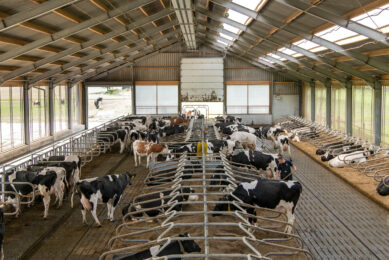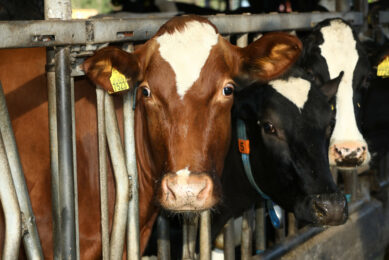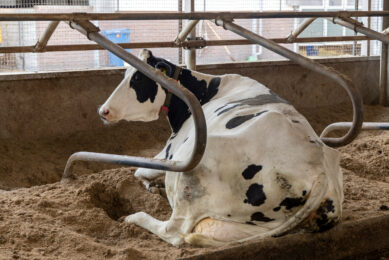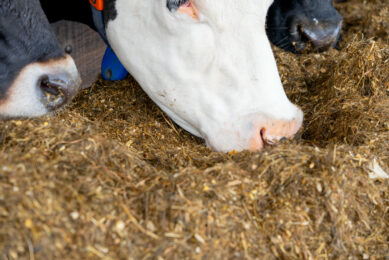The changing concept of ketosis in dairy cattle
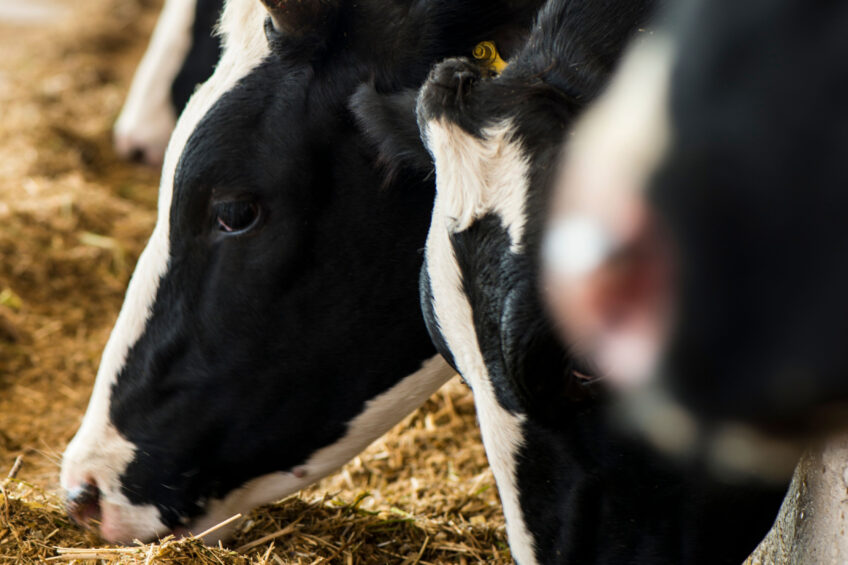
Ketosis is often regarded by many as a major metabolic disorder of dairy cows associated with reduced milk yield, health complications, and economic losses for the dairy industry. However, there is a growing body of evidence indicating the positive role of ketones in reducing metabolic dysfunction and chronic diseases. This article will discuss dissociation of ketosis as a disease from healthy hyperketonemia.
Ketone bodies including acetoacetate, 3-beta-hydroxybutyrate, and acetone are energy-carrying substrates produced in the liver and rumen from amino acids and fatty acids. When glucose availability is decreased, ketones seem to be a vital metabolic fuel sustaining cellular metabolism in several body tissues. Ketones are usually known as appetite suppression signals; however, ketosis can activate feeding and satiety centres in the hypothalamus depending on whether the animal is in a positive or negative energy balance.
Ketosis as a disease
Ketosis has been considered as a primary disorder of peripartal cattle characterised by acetone odour, lack of appetite, dry faeces and reduced milk production. A state of excitation ketones are typically elevated. Ketosis has various manifestations and a complex etiology, and it is classified based on the sites of ketogenesis such as alimentary, hepatic, and mammary, and the blood patterns of ketone bodies.
The 2 general types of ketosis include pathological ketosis and physiological ketosis. Pathological ketosis or spontaneous ketosis is a clinical metabolic disease of well-fed cows, and physiological ketosis is defined as a general increase in ketone bodies in body fluids. In addition, ketosis leads to the development of clinical diseases such as fatty liver, displaced abomasum, metritis, mastitis, and hypocalcemia.
Evidence to support the shifting paradigm of ketosis
Based on our current level of knowledge, the ketone is the central player in the etiology of dysfunctional energy metabolism and its adverse impacts on health and productivity. Therefore, ketosis manifests as failure to properly adapt to the challenge of negative energy balance. However, recent discussions on ketosis focus on the actual role of ketones in the pathogenesis of peripartal disorders of dairy cows.
It is evident that our current understanding of the factors leading to the development of ketosis remains incomplete to decrease peripartal metabolic disorders. Furthermore, the relationship between circulating ketones, production and health is inconsistent, and enhanced ketone availability can have positive effects on metabolic health by reducing inflammation and improving insulin sensitivity.
The conflicting evidence regarding the impact of excessive ketones in dairy cows suggests that the current paradigm regarding the role of ketones on peripartal dysfunction needs to be revised. Although, due to focus on the suppression of ketosis and concurrent occurrence of hyperketonemia with free fatty acid elevation, this incorrect paradigm in dairy cow has not been revised yet.
Positive effects of ketones on health and metabolism
As energy substrates, ketones sustain basal energy metabolism and support peripheral tissues postpartum. In addition, ketones act as anti-inflammatory, neuroprotective, and insulin-sensitising mediators to treat and prevent chronic diseases and to mitigate conditions such as peripartal oxidative stress and uncontrolled inflammation. Cows with hyperketonemia have normal milk production and health suggesting that ketones may play unidentified positive functions on cow metabolism and physiology.
Negative effects of ketones on health and metabolism
The anti-inflammatory effect of ketones restricts the ability of dairy cattle to mount a strong response against viral and bacterial infection, although negative impacts of ketones on immune function are dose dependent. In addition, ketones contribute to metabolic dysfunction and reduced appetite when the immune system is challenged, including exposure to bacterial DNA and endotoxins.
Conclusion
Most of our knowledge about ketosis is based on observational studies which have potential limitations. In addition, our focus has been mostly on mitigating ketosis which has led to a lack of sufficient knowledge about the effects of ketones themselves. Therefore, it is essential to figure out if the metabolic disfunction leading to poor performance and health of peripartal cows is because of or despite ketone accumulation.
References available upon request.
Join 13,000+ subscribers
Subscribe to our newsletter to stay updated about all the need-to-know content in the dairy sector, two times a week.



